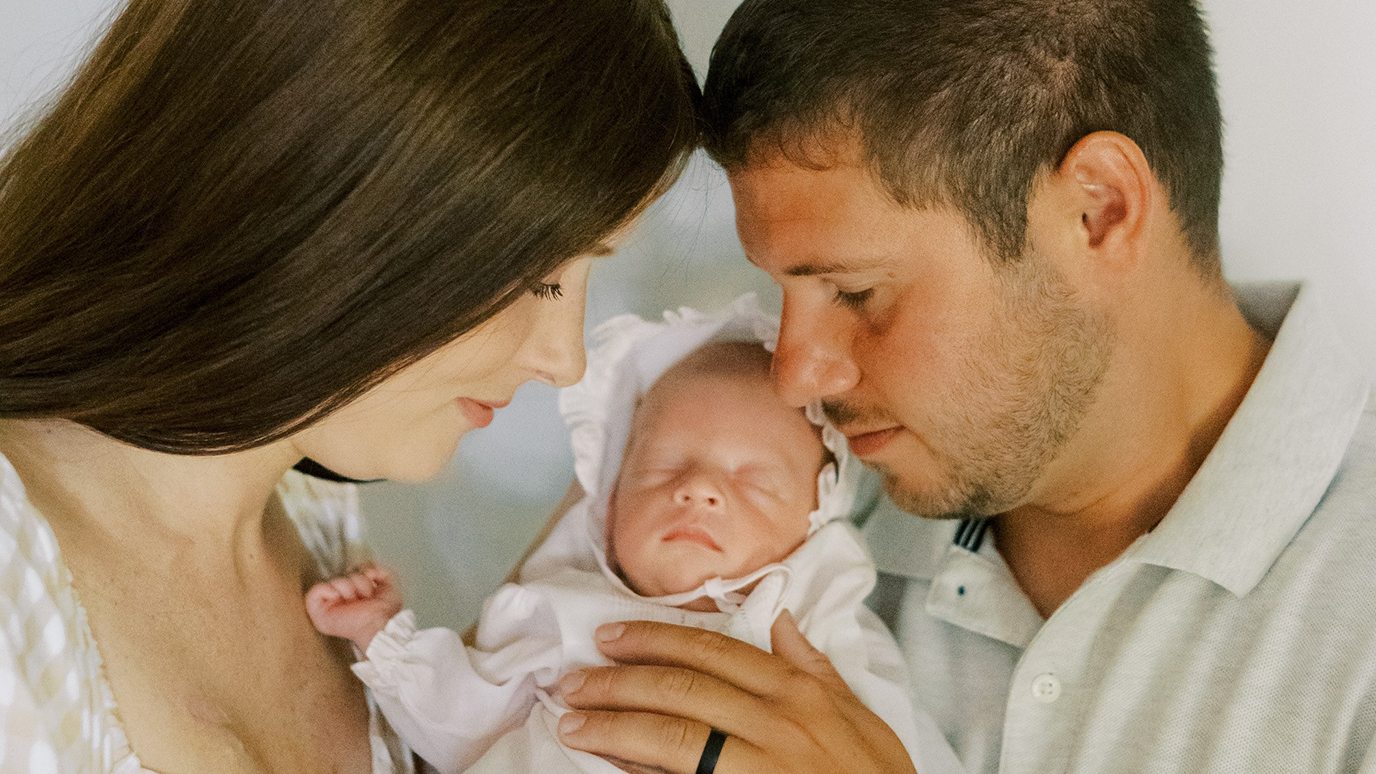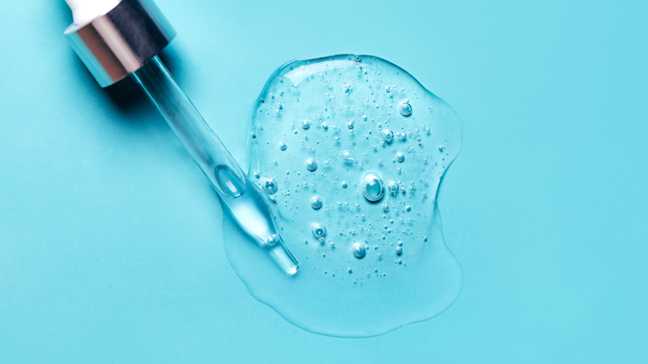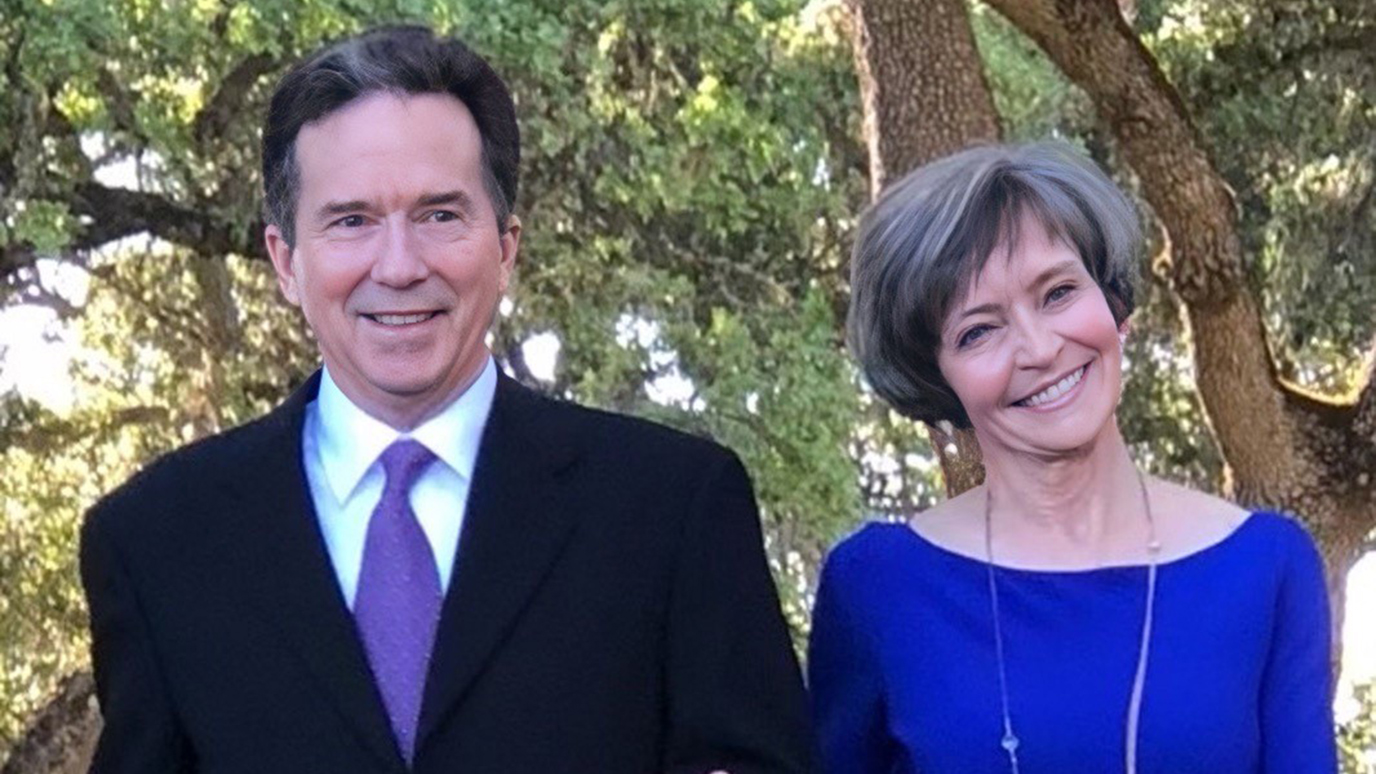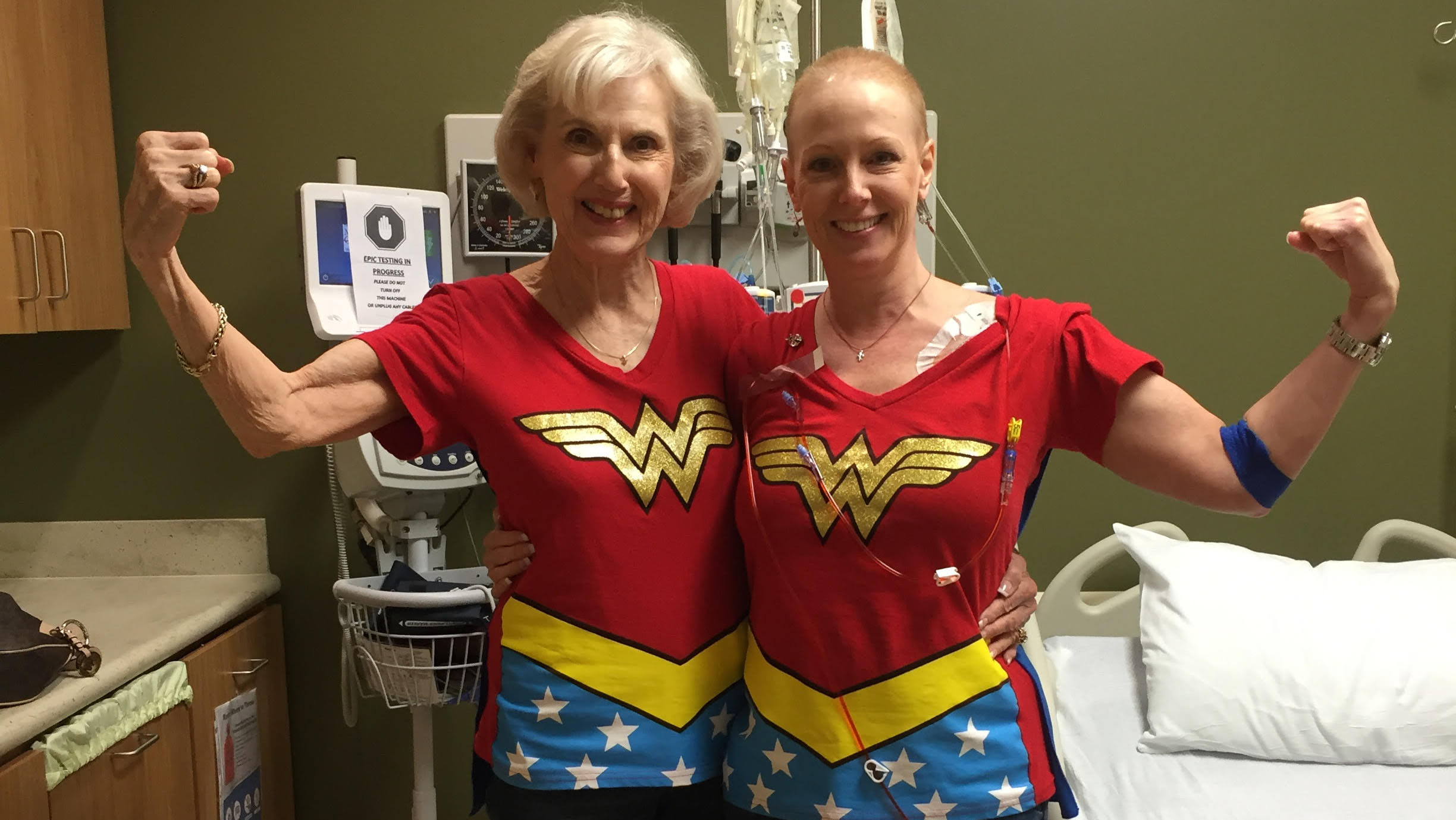- Diseases
- Acoustic Neuroma (16)
- Adrenal Gland Tumor (24)
- Anal Cancer (70)
- Anemia (2)
- Appendix Cancer (18)
- Bile Duct Cancer (26)
- Bladder Cancer (74)
- Brain Metastases (28)
- Brain Tumor (234)
- Breast Cancer (726)
- Breast Implant-Associated Anaplastic Large Cell Lymphoma (2)
- Cancer of Unknown Primary (4)
- Carcinoid Tumor (8)
- Cervical Cancer (164)
- Colon Cancer (168)
- Colorectal Cancer (118)
- Endocrine Tumor (4)
- Esophageal Cancer (44)
- Eye Cancer (36)
- Fallopian Tube Cancer (8)
- Germ Cell Tumor (4)
- Gestational Trophoblastic Disease (2)
- Head and Neck Cancer (14)
- Kidney Cancer (130)
- Leukemia (342)
- Liver Cancer (50)
- Lung Cancer (286)
- Lymphoma (278)
- Mesothelioma (14)
- Metastasis (30)
- Multiple Myeloma (100)
- Myelodysplastic Syndrome (60)
- Myeloproliferative Neoplasm (6)
- Neuroendocrine Tumors (16)
- Oral Cancer (102)
- Ovarian Cancer (178)
- Pancreatic Cancer (160)
- Parathyroid Disease (2)
- Penile Cancer (14)
- Pituitary Tumor (6)
- Prostate Cancer (150)
- Rectal Cancer (58)
- Renal Medullary Carcinoma (6)
- Salivary Gland Cancer (14)
- Sarcoma (238)
- Skin Cancer (300)
- Skull Base Tumors (56)
- Spinal Tumor (12)
- Stomach Cancer (66)
- Testicular Cancer (28)
- Throat Cancer (92)
- Thymoma (6)
- Thyroid Cancer (100)
- Tonsil Cancer (30)
- Uterine Cancer (86)
- Vaginal Cancer (18)
- Vulvar Cancer (22)
- Cancer Topic
- Adolescent and Young Adult Cancer Issues (22)
- Advance Care Planning (12)
- Biostatistics (2)
- Blood Donation (18)
- Bone Health (8)
- COVID-19 (360)
- Cancer Recurrence (120)
- Childhood Cancer Issues (120)
- Clinical Trials (628)
- Complementary Integrative Medicine (22)
- Cytogenetics (2)
- DNA Methylation (4)
- Diagnosis (238)
- Epigenetics (6)
- Fertility (62)
- Follow-up Guidelines (2)
- Health Disparities (14)
- Hereditary Cancer Syndromes (128)
- Immunology (18)
- Li-Fraumeni Syndrome (8)
- Mental Health (122)
- Molecular Diagnostics (8)
- Pain Management (62)
- Palliative Care (8)
- Pathology (10)
- Physical Therapy (18)
- Pregnancy (18)
- Prevention (936)
- Research (390)
- Second Opinion (78)
- Sexuality (16)
- Side Effects (616)
- Sleep Disorders (10)
- Stem Cell Transplantation Cellular Therapy (216)
- Support (408)
- Survivorship (328)
- Symptoms (182)
- Treatment (1788)
Stage IV adrenal cancer survivor: Why I’ll keep on climbing mountains
BY Levi Wilkins
6 minute read | Published June 28, 2023
Medically Reviewed | Last reviewed by an MD Anderson Cancer Center medical professional on June 28, 2023
As a professional firefighter, I’ve seen death close-up on more than one occasion. I’ve literally watched the light fade from a critically injured person’s eyes. But until it’s your own life that’s on the line, I don’t think most of us fully appreciate just how fragile and precious life is.
That’s why I consider myself so lucky now. Thanks to a stage IV adrenal cancer diagnosis in 2019, I got to learn a lesson at age 32 that most people don’t learn until they’re much older. And, thanks to MD Anderson, I am cancer-free. Now, I get to live the rest of my life — however long that may be — savoring this incredible gift.
My adrenal cancer symptoms
I started experiencing the first symptoms of adrenal cancer about two years before my diagnosis. I had brief episodes of flu-like symptoms throughout 2017. They only occurred every couple of months and would resolve on their own after a few days.
I also had a weird bulge on the left side of my abdomen. It never occurred to me that it might be cancer, though. I worked hard to stay fit for my job. So, I just thought my abs were getting too big on that side. I actually stopped doing sit-ups for a while because that’s how vain I am. I didn’t want to look lopsided.
Then, in April 2018, I ran a marathon near my home in Oklahoma City. It was my fifth marathon, so I knew what to expect from the recovery period. But when I reported to work the next day, I was almost unable to function. Oddly, I reeked of ammonia, too. My captain sent me home to rest.
My adrenal cancer diagnosis
I didn’t have a regular physician at the time, so I found one nearby and went to see him. He did some preliminary bloodwork, which showed that I was extremely anemic.
I found that pretty strange. I’d never been anemic before. But something odd was going on. The doctor sent me to several specialists to figure out what it was. But none of my local rheumatologists or hematologists could. Their best guess was that it might be lupus.
I went back to the first physician about a year later when I started getting really short of breath. He ordered a chest X-ray. That’s when we finally saw the edges of a softball-sized tumor in my abdomen, in the margin of the film.
My adrenal cancer treatment
My local nephrologist told me the tumor was cancerous while discussing my biopsy results. Once it was clear that’s what I had, I knew I needed to see a specialist. At 32, I didn’t know a lot of people who’d had cancer. But everybody around me said there was only one place to go: MD Anderson. I called and made an appointment.
At MD Anderson, I met with genitourinary surgeon Dr. José Karam, medical oncologist Dr. Matthew Campbell and endocrinologist Dr. Jeena Varghese. They told me I had adrenocortical carcinoma, a type of adrenal cancer, and recommended four rounds of chemotherapy to shrink the tumor, followed by surgery and a single dose of radiation therapy to treat a small area of concern on my lung.
I’ve been through my fair share of suffering, just due to poor choices and extreme hobbies. But chemotherapy really knocked me down. I had the usual nausea and vomiting, as well as some pretty severe bone pain.
Still, the hardest part of chemotherapy for me was just getting up every day. I was so tired that I basically slept for two months. It was my only escape. And it felt like I was forever getting woken up to eat or shower or go to the doctor or do something else. It was exhausting.
The medicines I’m still taking today
Fortunately, the chemotherapy worked. It shrank the tumor enough that I could have surgery. Dr. Karam removed my left adrenal gland and kidney on Jan. 24, 2020, with clear margins. I had a single radiation therapy treatment on March 20, 2020. And, aside from that one little spot on my lung, which hasn’t changed in three years, I have no evidence of disease.
I continue to follow up with Dr. Varghese, who prescribes a maintenance dose of mitotane for my remaining adrenal gland. I’ll stay on that for about another two years. I also have to take hydrocortisone three times a day to replace the cortisol the other adrenal gland would've normally generated. My cortisol requirements can fluctuate quite a bit, based on my health status and level of physical activity, especially when I run marathons and climb mountains. I take levothyroxine, too, because mitotane affects my thyroid function.
I’ll keep climbing mountains and running marathons
I’m back to work as a full-time firefighter, though, with no restrictions. And, I just completed another marathon. It wasn’t the fastest I’ve ever run. But it sure felt good to be back out there, and I can’t tell you how special it was.
I’m also back to mountain climbing again. I try to go climbing at least once a month just to get outside and on one big mountaineering trip each year. This year, it’s Bolivia. Next year, it’ll be Denali, and in 2025, a peak in the Himalayas.
Being in a wild space is incredibly healing to me, and climbing is cathartic. It’s my art. Perfecting the ability to move through vertical terrain is no different than a singer developing her voice, or a painter learning about lines and shading. It’s an act of creation, and one I find necessary to live from a place of love rather than fear.
I plan to keep participating in these types of activities as long as I can. I’ve never considered NOT doing it. To me, they’re a critical part of transitioning from the mindset of a patient back to that of a survivor.
I may have had cancer, and I may have to take a bunch of pills for the rest of my life, but I can still run marathons and climb to 20,000 feet.
One piece of equipment I always take with me on my climbs is a carabiner (a type of metal safety clip). My mother handed out hundreds of them while I was in treatment, asking people to use them as a reminder to pray for me. She’s a commercial pilot, so she travels all over the world. At one point, I had entire churches in Rome and Uganda praying for my recovery. Now that I’m well, those people are starting to send the carabiners back. So, I use the ones she distributed during my climbs. It’s so special.
Why I’m glad I sought treatment at MD Anderson
I didn’t realize until after I’d finished my adrenal cancer treatment how important it was to go to MD Anderson. My cancer is so rare that nobody local knew how to treat it.
There are also so few adrenal cancer patients around that there simply aren’t that many doctors who know anything about it. But the ones who do are all at MD Anderson.
Finding experts who could manage my whacked-out endocrine system while I was undergoing chemotherapy — and perform the complex surgery needed to remove my kidney — in one place was just unbelievable. I am absolutely convinced now that going to MD Anderson saved my life.
Request an appointment at MD Anderson online or by calling 1-877-632-6789.
Related Cancerwise Stories

Being in a wild space is incredibly healing to me.
Levi Wilkins
Survivor






